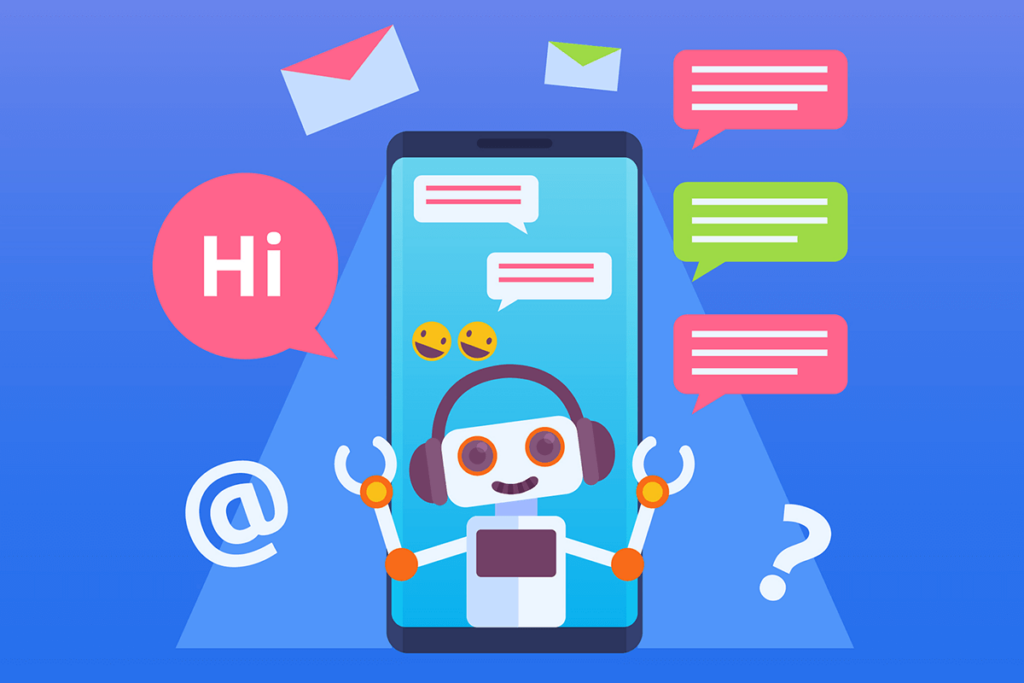AI-Powered Customer Support Enters a New Era with Advanced Chatbots

For years, businesses have relied on customer service agents and basic chatbots to manage customer interactions. However, these traditional systems often fell short in handling complex inquiries, providing personalized experiences, and responding in real time with accurate information. In September 2023, a major leap in AI-powered customer support emerged, enabling businesses to offer more intelligent, conversational, and human-like virtual assistants.
With the integration of OpenAI’s GPT-4, Meta’s AI models, and Google’s Bard into customer service platforms, companies began deploying AI-driven support agents that could resolve customer issues autonomously, adapt to user behavior, and integrate seamlessly with existing business workflows. This advancement was more than just automation—it was reshaping how businesses interacted with their customers, improving efficiency, and reducing operational costs.
How AI Was Transforming Customer Support
Traditional customer service relied heavily on scripted responses, predefined decision trees, and human intervention. AI-powered customer support tools introduced a more adaptive and intelligent approach by:
- Providing contextual and dynamic responses – AI assistants could analyze customer history, previous interactions, and real-time inputs to deliver accurate and relevant solutions.
- Automating issue resolution – AI-driven chatbots could process returns, troubleshoot technical problems, and even handle refunds without human involvement.
- Seamlessly integrating with CRM systems – AI-powered tools connected with business platforms to retrieve customer details, track order status, and personalize responses instantly.
These improvements were not just reducing workload for human agents but also significantly enhancing customer satisfaction.
Industries Rapidly Adopting AI-Driven Customer Support
The ability to offer 24/7, intelligent customer interactions led to the rapid adoption of AI-powered customer support across multiple industries.
1. AI in E-Commerce and Retail
- AI assistants helped customers find products, process orders, and handle returns, improving shopping experiences.
- AI-powered recommendation engines suggested personalized product options based on browsing and purchase history.
2. AI in Banking and Financial Services
- AI-driven chatbots assisted with account management, fraud detection alerts, and loan applications, reducing call center volume.
- AI models analyzed spending patterns and provided personalized financial advice to customers.
3. AI in Healthcare and Telemedicine
- AI-powered virtual assistants helped patients book appointments, answer medical inquiries, and provide medication reminders.
- AI-enhanced customer support streamlined insurance claims processing and patient support services.
These applications showcased how AI-driven customer service was revolutionizing business interactions across multiple sectors.
Challenges and Considerations in AI Customer Support
Despite the efficiency and scalability of AI-powered customer support, businesses needed to address critical challenges before full adoption.
1. Handling Complex or Emotional Customer Interactions
- AI struggled with understanding emotional context, sometimes failing to provide empathetic responses.
- Businesses needed hybrid AI-human support systems, where AI handled routine inquiries while human agents managed sensitive issues.
2. Data Privacy and Security Concerns
- AI-driven customer interactions involved handling sensitive customer data, raising concerns about compliance with GDPR, CCPA, and other regulations.
- Companies had to ensure AI tools followed strict data protection policies to maintain trust.
3. AI Hallucinations and Misinformation Risks
- AI models occasionally generated incorrect or misleading responses, leading to potential customer dissatisfaction.
- Businesses needed AI monitoring systems to validate AI-generated responses and prevent misinformation.
Addressing these challenges would be critical in ensuring AI-powered customer support remained efficient, ethical, and reliable.
What’s Next for AI in Customer Support?
With AI-powered customer service evolving rapidly, the next wave of advancements was expected to focus on:
- Emotionally aware AI assistants – AI would improve in detecting sentiment and adjusting tone accordingly, making interactions feel more human.
- Voice-based AI support – AI-powered voice agents would handle live calls, reducing wait times and improving accessibility.
- AI-driven multilingual customer support – Future AI models would instantly translate customer queries, breaking language barriers.
These advancements positioned AI-driven customer support as a fundamental part of business operations, ensuring faster, more responsive, and personalized experiences for customers worldwide.
A Game-Changer for Business-Customer Interactions
The integration of advanced AI models into customer support in September 2023 marked a transformational shift in how businesses handled customer interactions. AI-powered assistants were no longer just answering basic questions—they were actively resolving issues, personalizing customer journeys, and optimizing business workflows.
However, as AI customer service tools became more advanced, businesses had to carefully balance automation with human oversight, ensuring that AI-driven interactions remained accurate, secure, and aligned with customer expectations.




